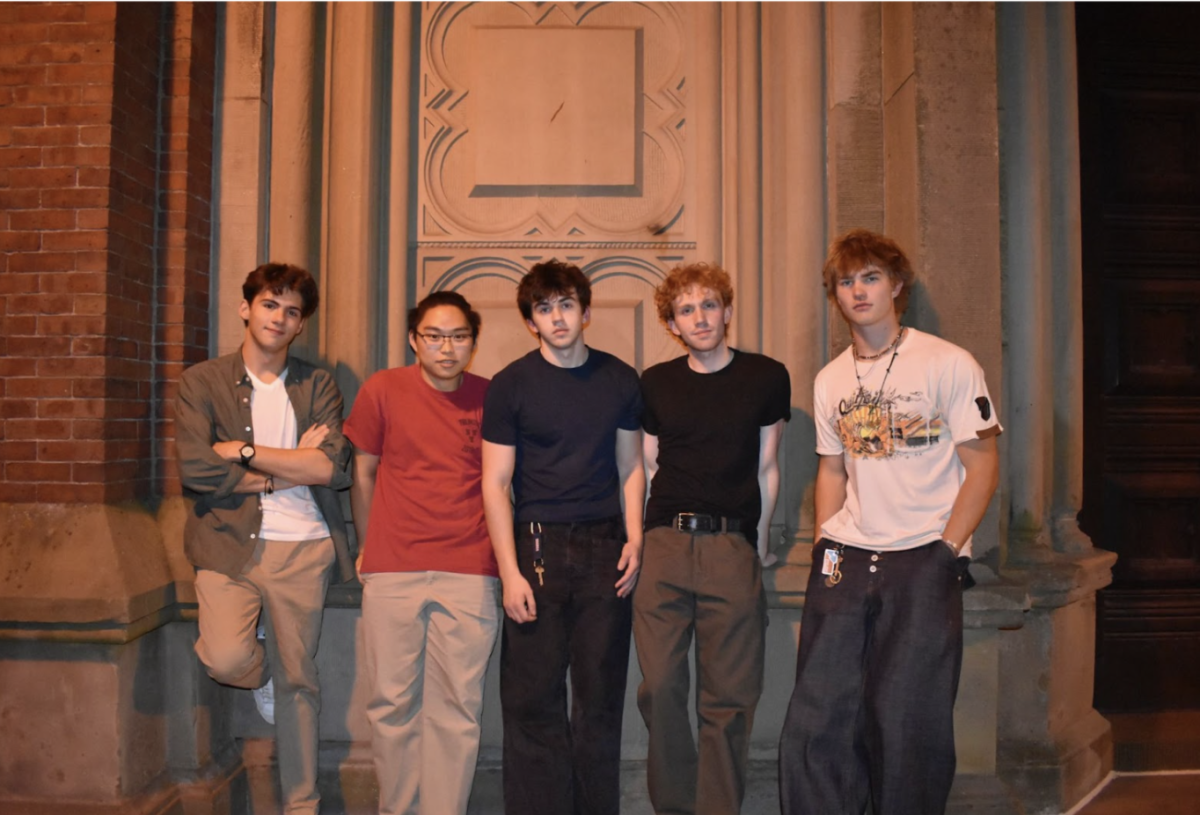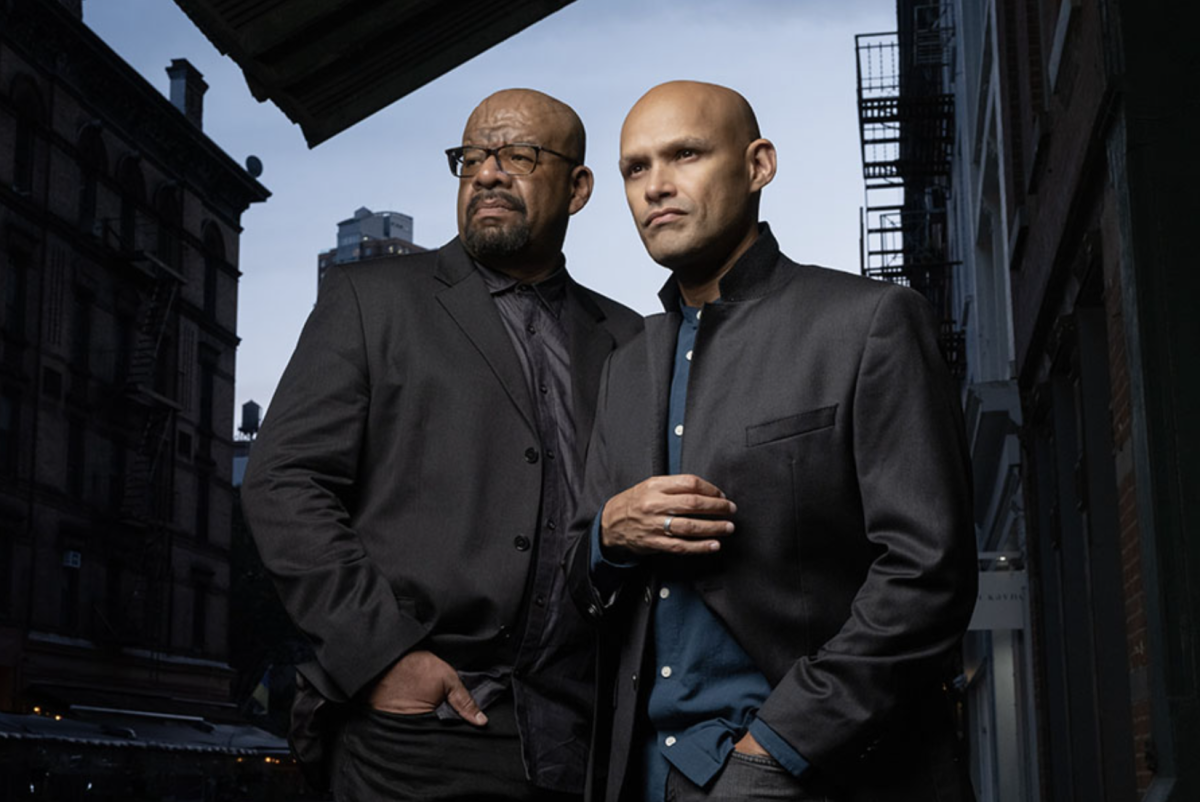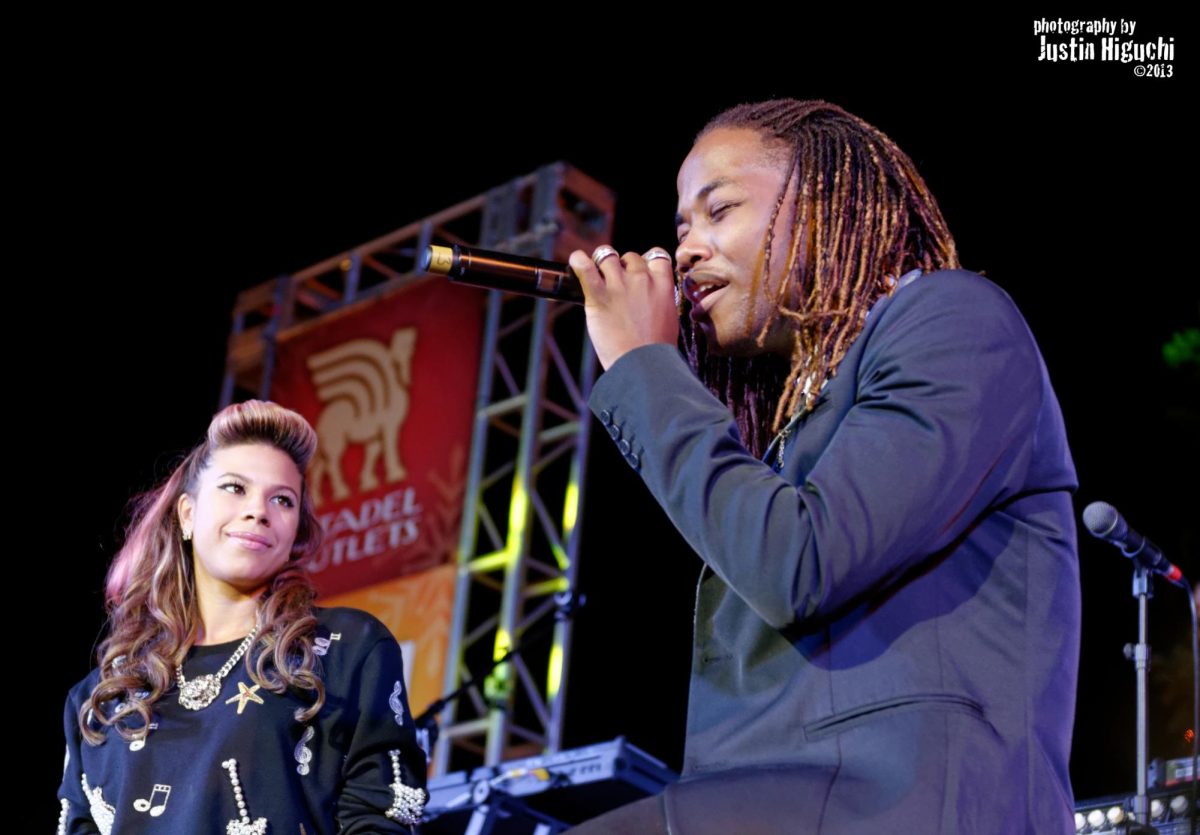There are few things that truly bind the Wellesley College community together. With a student body so diverse – students from all walks of life, with incredibly varied interests – it seems almost implausible that there could be many universal pop culture moments. But Taylor Swift defies logic. So when tickets to Ms. Swift’s long-awaited Era’s Tour went on sale, almost everyone was at least thinking about getting tickets.
Which is why the Icarian crash of Ticketmaster seems, in hindsight, almost inevitable. Can a pop star become too famous? Is there a point at which a singer is too well known to engage with her fans, to meet public demand?
In an apology posted on Nov. 19, Ticketmaster explained that a huge number of bot attacks and people without codes drove “unprecedented traffic” on the site with 3.5 billion total system requests which resulted in about 15% of interactions experiencing issues. Not to be confronted with the blame for long, Ticketmaster did say that “based on the volume of traffic to our site, Taylor would need to perform over 900 stadium shows.”
Senators Amy Klobuchar (D-MN) and Mike Lee (R-UT) of the Senate Judiciary Subcommittee on Competition Policy, Antitrust, and Consumer Rights released a statement on Nov. 22 announcing their intention to “hold a hearing to examine the lack of competition in the ticketing industry.” Taylor Swift’s universal, gravitational pull reaches across the aisle. Talk about — of the people, by the people and for the people.
And while the lack of competition in the ticketing industry is concerning and does warrant further investigation, we cannot let Ms. Swift get away quite that easily. In her own statement released on Instagram on Nov. 18, the artist placed the blame squarely on Ticketmaster stating that it is “excruciating for me to just watch mistakes happen with no recourse.” One must not forget that Ms. Swift did consent to the “Verified Fan” plan and did give priority to fans who had bought the most merchandise from her website. It has become increasingly clear that being a “Verified Fan” has very little to do with one’s relationship with Ms. Swift’s music and significantly more to do with how much money one has spent on tickets (and merchandise) previously.
The discussion of the “Verified Fan” status raises interesting questions regarding the nature of fandom. For as long as there have been concerts there has been a discussion about who deserves to see a concert. How big of a fan do you have to be to deserve these few coveted spots? What sort of hoops do you have to jump through to prove your worth as a “real fan”? With access codes and VIP spots comes a system of cheat codes and hacks to have the very best chance at winning a ticket. Internet access and a credit card are not enough to ensure a fair shot. True fan status is demonstrated by time spent researching and planning, a willingness to put aside all other appointments to wait in a digital line, refreshing at exactly the right moment. This game is not for amateurs.
An aspiring fan’s ability to gain access to tickets becomes a reflection of not only one’s own dedication to the artist but also their access to discretionary income. It is not enough to save and scrimp on the price of a ticket. If the price of admission now includes merchandise, the credit score needed for a capital one card and/or considerable time during working hours spent in line for tickets then the pool of “deserving” concert-goers shrinks significantly.




